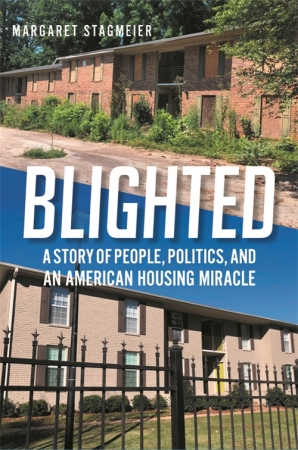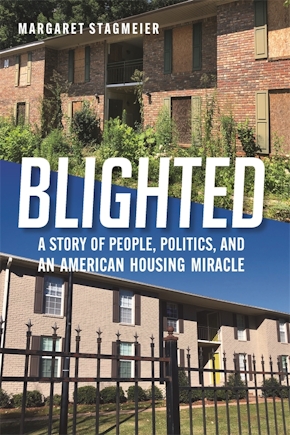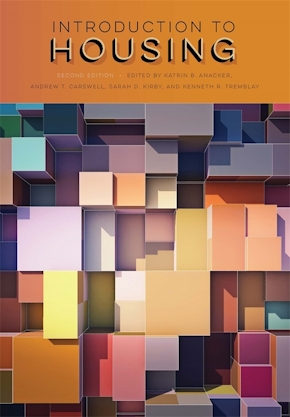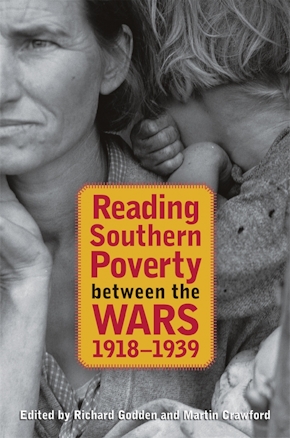Blighted
A Story of People, Politics, and an American Housing Miracle
Title Details
Pages: 392
Illustrations: 24 B&W PHOTOS
Trim size: 6.000in x 9.000in
Formats
Hardcover
Pub Date: 12/01/2022
ISBN: 9-781-5883-8471-3
List Price: $29.95
Paperback
Pub Date: 04/01/2024
ISBN: 9-781-5883-8527-7
List Price: $26.95
eBook
Pub Date: 12/01/2022
ISBN: 9-781-5883-8484-3
List Price: $29.95
eBook
Pub Date: 12/01/2022
ISBN: 9-781-5883-8534-5
List Price: $29.95
Imprint
NewSouth BooksRelated Subjects
SOCIAL SCIENCE / Poverty & Homelessness
BUSINESS & ECONOMICS / Development / Economic Development
BUSINESS & ECONOMICS / Urban & Regional
Blighted
A Story of People, Politics, and an American Housing Miracle
Skip to
- Description
- Reviews
Blighted is a powerful narrative about the decades-long decay and remarkable two-year reinvention of Summerdale, an aging apartment community located in one of Atlanta’s grittiest corridors. From burnt-out, mold-infested buildings to traumatized classrooms, Blighted unfolds in the voices of ruthless drug dealers, phantom tenants, fearless landlords, the working poor, educators, and visionary local leaders.
After purchasing the property from an absentee overseas owner, Marjy Stagmeier and her partners methodically tackled the crisis festering inside the gated 244-unit apartment property. Two years of relentless work later, Stagmeier reveals how the team that she led built community from chaos. Through on-the-ground, in-the-moment interviews with a wide range of stakeholders, Stagmeier demonstrates how marginalized housing perpetuates intergenerational poverty and the collapse of nearby public schools while showing the multifaceted challenges of improving dire living conditions.
Blighted offers a unique insider perspective of the political, human, and economic challenges of delivering equitable housing in a market fueled by inflationary prices, insatiable demand, and competing and often dubious agendas. Summerdale’s success is a bright model of how affordable housing, education, healthcare, and social capital can interconnect to build vibrant, sustainable communities—affordable housing communities, nearby schools, and the community at large. From there, kids, families, working people, and neighborhoods can thrive.
—Jessica Trounstine, author of Political Monopolies in American Cities and Segregation by Design
—Shirley Franklin, former mayor, City of Atlanta
—Lonnie Ali, vice-chair, The Muhammad Ali Center
—Courtney English, former chairman, Atlanta Public Schools
—Thomas M. Shapiro, David R. Pokross Professor of Law and Social Policy, Brandeis University
—Liz Blake, senior Vice-President, Habitat for Humanity International (ret.)



